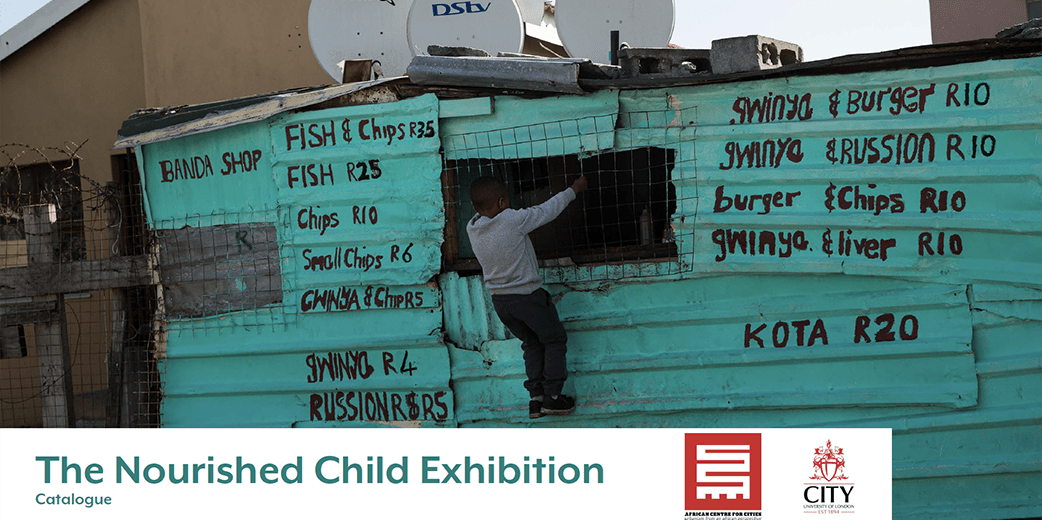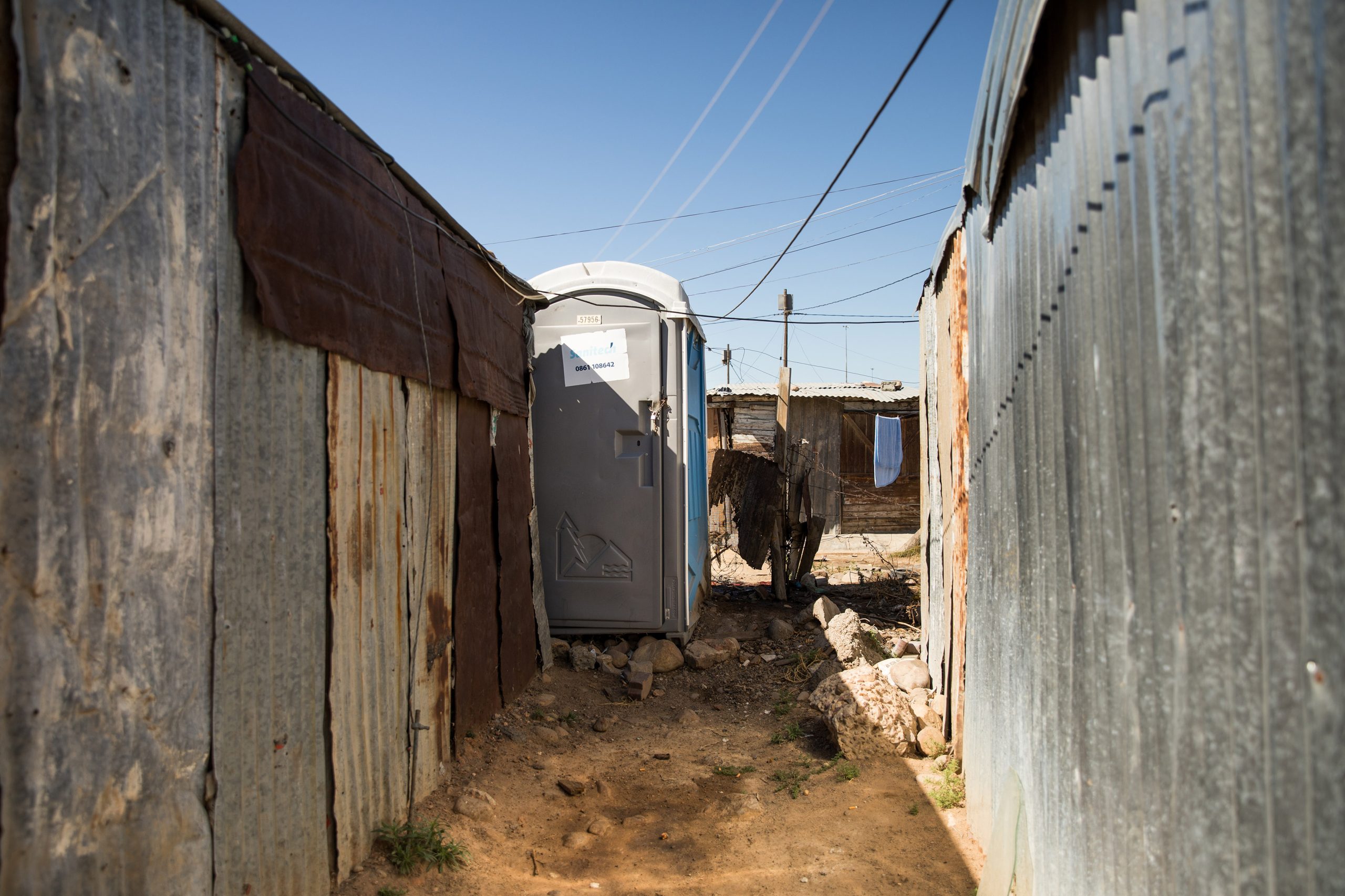The Informal Economy’s Role in Feeding Cities – a Missing Link in Policy Debates?
Studio 3 ENGEO Building, Upper Campus. University of Cape Town,, Cape Town, Western Cape, South AfricaFood is fundamental not only to well-being, but to our social and economic lives. Despite this, one of the biggest challenges facing many people in cities all over the world today is hunger. As cities rapidly urbanise, different pressures are placed on the food system which has resulted in the least nutritious food being the...




